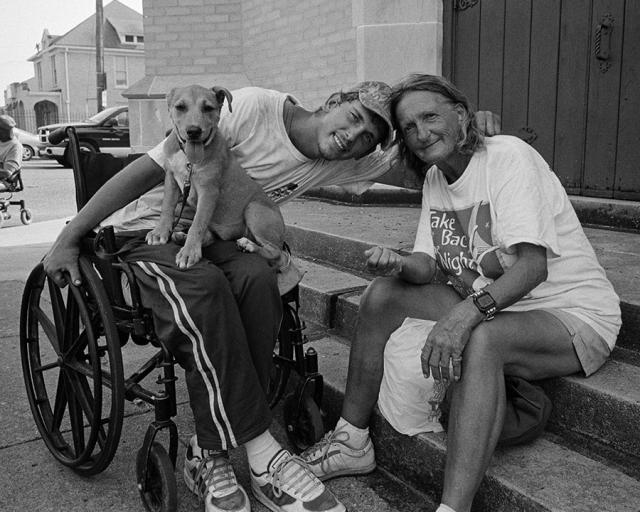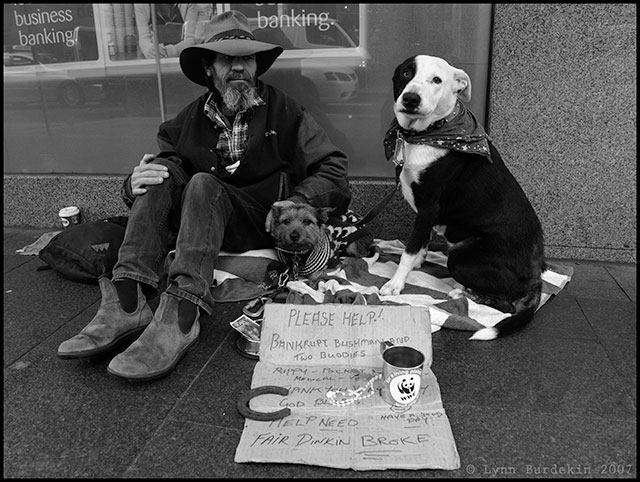BROOKE GLADSTONE: This is the first of a five-part series and I’m a little nervous because when the people I met in Ohio tell you their stories in the next few weeks, how will you respond, with empathy? Maybe that's not such a good idea.
PROFESSOR PAUL BLOOM: If what you mean by empathic is caring and kind and understanding, absolutely. But if what you mean by empathic is they should put themselves into our shoes, they should feel what we feel, definitely not. This sort of empathic engagement leads to burnout, at least to suffering and pain.
BROOKE GLADSTONE: Paul Bloom, Yale professor of psychology and cognitive science, at last year's Aspen Ideas Festival.
PROFESSOR PAUL BLOOM: There’s a wonderful collaboration between Tania Singer, a neuroscientist, and Matthieu Ricard, a Buddhist monk and biologist, where they trained people to feel empathy, to engage in empathic contact with other people, Then they trained another group to be compassionate, to care about other people but not necessarily engage in the same way. What they found was the empathic group, they suffered more and they helped less. The compassionate group felt good and they helped more. So, if you took away empathy, what would you replace it with? A sort of rather cold-blooded rational cost-benefit analysis. Go not after what gives you the buzz, but what really helps other people.
And then the second thing is we need some sort of emotional push, but the push need not come from empathy. The push can come from love, from caring, from compassion, from more distant emotions that don't swallow us up in the suffering of others.
[MUSIC UP & UNDER]
BROOKE GLADSTONE: So, how to tell the story? The playwright Berthold Brecht soundly rejected empathy. When he depicted injustice, he did not want us to say, yes, I felt like that too, it’s only natural, it’ll never change. The sufferings of this man appall me because they are inescapable. No, Brecht worked willfully to undermine our empathetic tears, so we could see more clearly, so instead we’d say, that’s not right, that’s unbelievable. It’s got to stop. The sufferings of this man appall me because they are unnecessary.
As for me, I just figure if Jack Frech is still trying to shine a light, just because, and you listen, just because, and, if, as Matthew Desmond argues in Evicted, the inhuman trap that is poverty is not so great as it once was, then maybe sustaining our gaze does work, if we can discern that what is appalling is, in fact, unnecessary.
Next week, we dissect the notion that success in life hinges on personal responsibility, the work ethic and all that.






